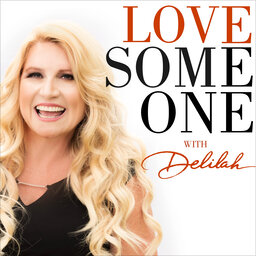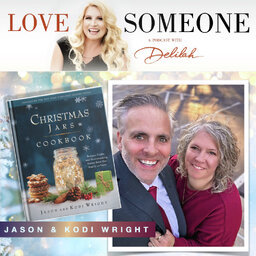ANDY STAPLES: "Getting To Neutral" by Trevor Moawad
Feeling tossed around by life? Curve-balls coming at you right and left? Let today's guest on LOVE SOMEONE help. Andy Staples, who assisted the late author, Trevor Moawad, with the self-help guide, "Getting To Neutral", sits down with me. He's here to share some insights on the method Trevor developed as a mental conditioning expert and advisor to some of the world's most elite sports performers. Shifting to neutral is a way to keep your head in the game when things go wrong - and even when they go right - to remain focused and committed to your goals. Let's all begin the new year with a few more tools to help us maintain our mental health! ~ Delilah
Learn more about your ad-choices at https://www.iheartpodcastnetwork.com
 LOVE SOMEONE with Delilah
LOVE SOMEONE with Delilah


